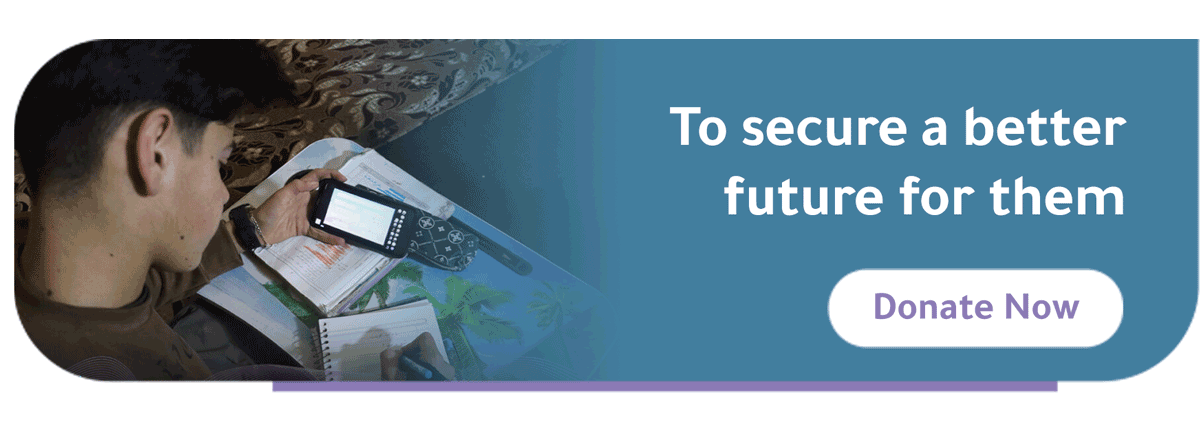In a world where technological advancements are accelerating, programming emerges as one of the most essential skills to master. Its importance lies in being the primary driver of this evolution.
There are many different types of programming, varying according to the goals they aim to achieve. However, programming can be broadly defined as giving instructions to a computer to obtain a specific result to solve a problem. Additionally, it involves controlling the interaction between humans and machines to accomplish tasks efficiently and accurately.
The Importance of Programming in Our Lives
Programming’s significance in our lives spans several areas, including:
Enhancing Logical Thinking and Problem-Solving
Learning programming is not just about writing code; it also involves developing logical and critical thinking. Individuals learn how to analyze problems, break them down into smaller parts, and find the most effective solutions.
Fostering Innovation
Programming has evolved beyond merely creating software and applications; it has become the language of the modern age and a key to innovation and progress in various fields.
Programming and the Job Market
These invaluable skills apply to many aspects of daily and professional life. With the increasing demand for technological skills, programming has become one of the most sought-after skills in the job market.
Individuals proficient in programming have a competitive edge and can access better and more diverse job opportunities, highlighting its importance in employment and career advancement.
Improving Daily Life
Programming plays a vital role in enhancing our daily lives. From smart devices to automated home systems and the software we use every day, programming helps perform tasks more efficiently and in less time.
Enhancing Performance Across Various Fields
Programming is used in multiple fields, such as advertising, marketing, and engineering, increasing work efficiency.
The Importance of Programming in Education
Programming plays a crucial role in modernizing education and making it more effective. By integrating programming into curricula, students are encouraged to think systematically and solve problems creatively, enhancing their analytical and critical skills.
Additionally, programming allows students to create their own projects and applications, giving them a sense of accomplishment and confidence. Learning programming opens up opportunities in a world increasingly reliant on technology, where digital skills are essential in most professional fields.
Furthermore, programming can foster collaboration among students and develop their ability to work in teams, which is excellent preparation for future careers in contemporary work environments.
Programming is not just a professional skill; it is a way of life that can enhance creativity and innovation. It is the language of the digital age, and learning and applying it in our lives is an investment in our future and the future of society as a whole.
Conclusion
It is clear that programming has become more than just a technical tool; it has transformed into a fundamental element shaping our social and professional future.
The importance of programming extends beyond technology, touching every aspect of our lives, making learning it not only beneficial for the individual but essential to keep up with ongoing progress. From fostering innovation and improving job prospects to its crucial role in education, programming continues to offer countless benefits.
No matter the field you choose, mastering programming skills will provide you with the necessary tools to succeed in an increasingly technological and interconnected world.
Therefore, I encourage every reader to seize the opportunity to learn this vital skill and discover how programming can open new and exciting horizons in your personal and professional life.
Author: Hala Al-Ahmad, Volunteer at Masarat Initiative







